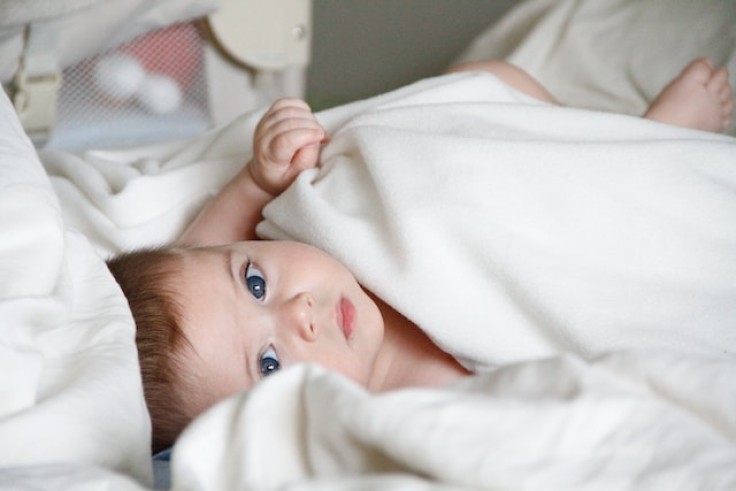
Every parent scrutinizes their baby's diapers with a mixture of anticipation, hope, and sometimes a tad of anxiety. Among the myriad of colors and consistencies that might appear, green poop can definitely be one of the most surprising. So, when you spot a greenish hue, you might wonder, "Is this normal? Should I be concerned?" Let's dive into the world of baby poop colors and decode the mystery of the green stool.
Understanding the Rainbow of Baby Poop
Baby stools can come in a variety of colors, depending on various factors. In the first few days after birth, your baby's poop will likely be a thick, tar-like substance called meconium. As the days progress, and depending on whether you're breastfeeding or formula feeding, the color and consistency of the stool will change.
Why Might My Baby's Poop Be Green?
- Dietary Changes: One of the most common reasons for green poop is simply a reflection of what your baby is eating. If your baby has started eating solids, green vegetables such as spinach, peas, or green beans can change the color of their stool.
- Imbalance in Breast Milk: If you're breastfeeding, an oversupply of foremilk-the milk that comes out at the beginning of a feed, which is thinner and richer in lactose - can result in green, frothy stools. This can happen if the baby doesn't finish feeding on one breast before switching to the other.
- Sensitive Digestive System: Sometimes, a baby's still-maturing digestive system may process breast milk or formula so quickly that it changes the color of the stool, turning it green.
- Teething: While not universally accepted, some believe that the increased saliva production that comes with teething can alter the stool's color.
- Illness or Infection: An intestinal virus or bacterial infection can also lead to green stools. You should see a pediatrician if there are additional symptoms present, such as fever, fatigue, or diarrhea.
Is Green Poop a Cause for Concern?
In most cases, green poop in babies is perfectly normal and not a cause for concern. However, it's essential to monitor for other signs or symptoms. If the green stool is accompanied by mucus, blood, or a foul odor, it might be an indication of an underlying health issue and should be addressed with a pediatrician.
Consistency can also provide clues about your baby's health. For instance, if the green stool is watery and frequent, it may be diarrhea, which can quickly dehydrate infants. If the green stool is very hard and your baby seems to strain, it could be a sign of constipation.
When to Seek Medical Advice
Always trust your instincts as a parent. If something doesn't feel right or if you notice other symptoms accompanying the green poop, such as:
- Fever
- Vomiting
- Lethargy or unusual irritability
- Refusal to eat
- Blood or mucus in the stool
It's best to consult with a pediatrician to ensure your baby's health and well-being.
Green poop can catch any parent off guard, but it's often a normal part of a baby's development. Diet, breastfeeding dynamics, and even teething can influence the color of your baby's stool.
As with many parenting challenges, knowledge and observation are key. Knowing what's typical for your baby and when to seek medical advice can provide peace of mind during those green poop days.
Related Article: Smelly Gas And Poop of Babies Could Mean Something